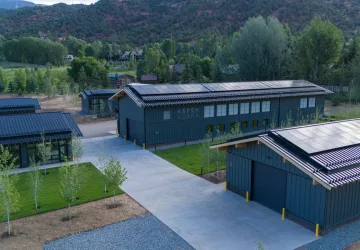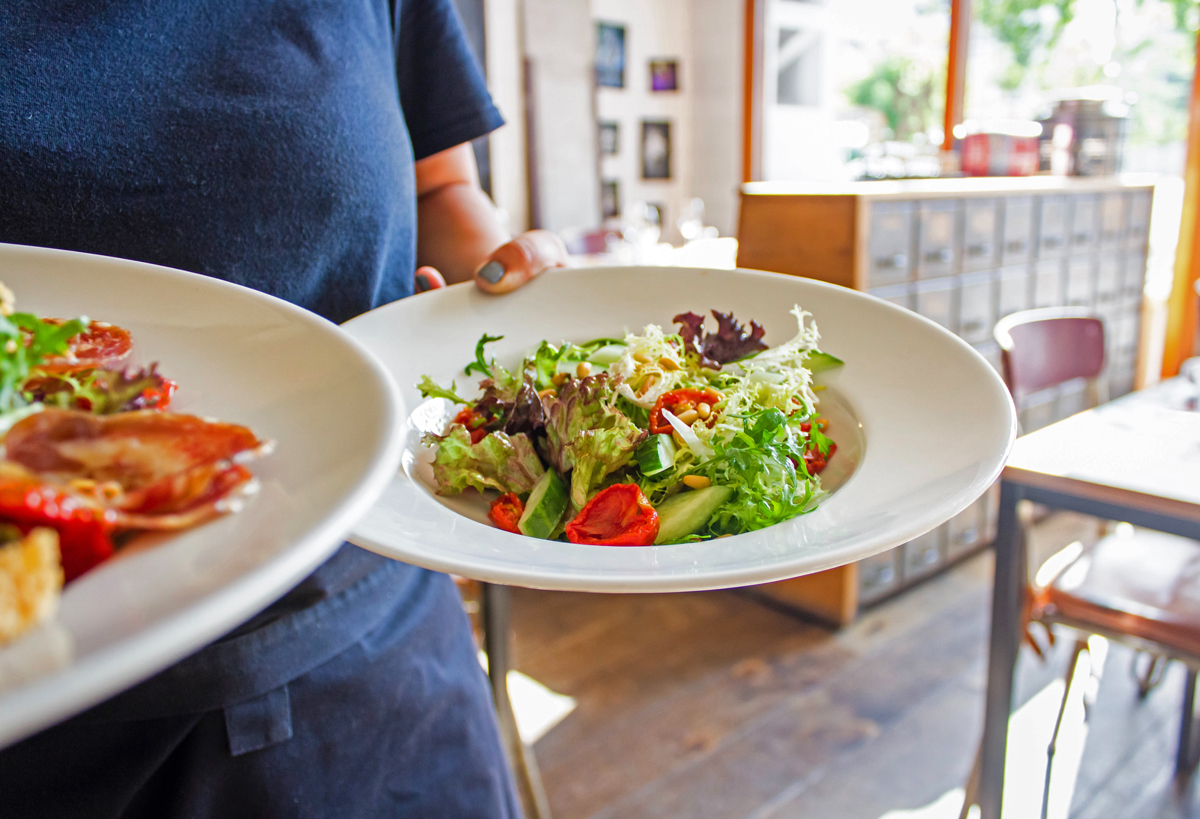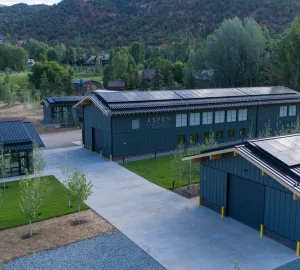Restaurants and other food-based businesses are a fantastic way to explore your creativity and provide something different for customers. Small boutique restaurants have become increasingly popular, with customers looking for something different from the traditional fast food they see wherever they go. With so many tastes and preferences, there is an angle for all foodies to consider.
But, you can’t just launch a food truck, restaurant, or even a grocery store and expect success. Like any business, you must understand what customers look for in a food business. Here are the eight most crucial elements to remember.
High-Quality Products
High-quality products are expected from all companies, but it is perhaps most important for any food business. As people are putting your products in their bodies, they want to know where you have sourced them and what is in them, especially if they have food allergies or specific dietary needs.
This is as important for a healthy food business as it is for a taco stand that frequents festivals and concerts. If your products are high-quality, the food will do the talking for you, which improves your company’s reputation and boost demand for whatever you offer.
Proper Storage
Proper food storage is much more important than storing other types of products. You need to keep your food fresh, safe, and secure. Because of this, you cannot leave it in the back room or place it too close to other products as there is the risk of the food going bad or even cross-contamination, which could make your customers sick.
For grocery stores or food businesses that sell and prepare food, refrigerated shelves, such as the MX4, are an excellent way to keep food fresh throughout the day. This also provides an attractive display method, which will make your food more appealing.
Something Unique
Every food business should offer something different, but as it feels like there is a business for every taste and preference, this is easier said than done. Before launching your food business, it pays to understand the customer needs to help you know what they want from a food business and how you can offer something other businesses don’t.
This doesn’t mean you should create brand new combinations, although that could help. Instead, putting a unique spin on classic meals can make your business stand out immediately. You may have seen vegan versions of classic dishes or fusion restaurants that you would never have thought worked but somehow do. Use these as inspiration to find your unique approach.
Knowledgeable Staff
Knowledgeable staff is vital in all businesses. You want to feel assured that the people working there know what they are talking about so you can feel confident they point you in the right direction. This is as true for servers recommending wine and steak pairings as it is for chefs knowing how to prepare onions and garlic just the right way.
When looking for restaurant staff, you must ensure they know their stuff. Otherwise, you risk a lot of awkward pauses and even incorrect information. With food businesses, this could be catastrophic, especially if customers have allergies. If possible, provide training to get them up to speed on what you offer so they can answer all customer queries.
Environmental Understanding
Your food business should also recognize how the stock impacts the environment. Whether you’re driving around a food truck or searching for ethically sourced produce, such as meat, fish, or eggs, your practices will dictate how much goodwill you can generate from your customers.
The majority of consumers will happily frequent businesses that maintain eco-friendly practices, so you should follow this as much as possible. A significant issue with this is affordability, especially as a new business, so be aware of sourcing ethical products without straining your budget.
Full Shelves
If you open a grocery store, you need to make sure the shelves are full as often as possible. No one wants to make the trip to the store only to discover that they cannot find their favorite food. However, grocery stores cannot always influence this as supply chains are disrupted, and it is not as if you can store perishables for too long.
To overcome this issue, look for a balance between fresh food and food that can sit on the shelf for a while before you need to throw it out. It is not an ideal solution, but it can help keep shelves looking full.
Waste Disposal Morals
Speaking of food going off, you should also explore waste disposal options. There are many ways that grocery stores and restaurants can reduce food waste, so it is more beneficial to the environment.
Common solutions include discounting food a few days before it is out of date or donating left over food, especially in bakeries and butchers, to local food kitchens or charities. You could also use left over food for composting, which sends the food back to the earth and helps maintain an eco-positive cycle.
Versatile Purchase and Dining Options
With so many options available for customers to order and access food, your food business needs to provide an array of purchasing and dining options. Home delivery, curbside pickup, and eat-in dining options will all contribute to making your business more appealing regardless of what type of business you are running.
This is not as easy for food trucks, but you can set up ordering options for customers to pick up on their way home from work or if they live close by. Besides this, make sure you provide popular payment methods instead of solely cash or card to maximize service options for a range of customers.
What’s Cooking?
Whether you start a traveling food truck or open a vegan grocery store, these points will help improve your business’s chances of success. With so many options available, you need something that makes you stand out. Otherwise, you will never be able to match competitors, whether these are national corporations or local businesses. If you want to give customers a taste of what you have to offer, make sure you consider these factors.






